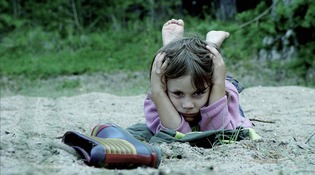 loading
loading
FindingsTreating parents for children's anxietyParents are hardwired to respond to a child's anxiety symptoms.  Rolands Lakis/Wikimedia CommonsView full imageCan we treat a chronically anxious child by treating only his parents? Yes, says a team of child psychiatrists. They’ve found that teaching parents a set of supportive skills can relieve a child’s anxiety without the child ever seeing a therapist himself. The new approach—Supportive Parenting for Anxious Childhood Emotions (SPACE)—was developed by Associate Professor Eli Lebowitz of the Yale Child Study Center. It eases parents away from “family accommodation,” a set of well-intentioned but counterproductive responses to childhood anxiety. “Parents get sucked into responding to their child’s anxiety symptoms,” Lebowitz says. In fact, he adds, they’re hardwired to do so. When young mammals perceive a threat, they signal caregivers with fearful behaviors that prompt a protective, soothing response. But it can backfire. A parent who tries to soothe a chronically anxious child by sleeping next to him or repeatedly reassuring him can send the message that the child is vulnerable. “If a child feels that the only way to cope with the anxiety is by being rescued by their parent, then they’re going to be dependent on that parent,” Lebowitz notes. (The study appeared in the Journal of the American Academy of Child and Adolescent Psychiatry.) By contrast, SPACE teaches parents to increase supportive responses while decreasing accommodations. That means accepting and validating the child’s distress and anxiety, then expressing confidence that she can tolerate these uncomfortable feelings. Twelve sessions of parental SPACE training eased children’s anxiety as effectively as did twelve sessions of cognitive behavioral therapy for the children, Lebowitz’s team found.
The comment period has expired.
|
|